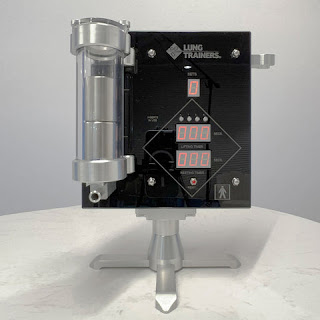Breathing exercises while singing
Vocal and singing breathing exercises hold the key to effective sound quality and proper pitching, along with developing the correct singing posture. When we breathe, we tend to take in air and release it in a burst, as quickly as possible. This holds for 99% of people but singing requires you to breathe differently. As you move up the learning curve, you will also begin understanding how important it is to control your breath, especially while singing soprano or tenor. Proper breathing can also help in relieving tension in your body or throat muscles in general.
Deep breathing is one of the singing breathing exercises that are highly recommended by all music teachers and experts. Stand with your feet hip-width apart and practice deep breathing. If you feel tense in any part of your body, focus on that area and imagine releasing the tension with each breath. You may wonder why anyone would feel tense while practicing singing but remember, in a professional singing environment where you are singing in front of an audience, muscle tension could be a problem and unless you know how to get rid of it, the quality of your voice will get affected. Deep singing breathing exercises will also help you in singing a high pitch without pausing for breath or even several notes together.
Lip rolls and hums are the other singing breathing exercises suggested by experts. Lip rolls are also considered a vocal warm-up exercise where you place your lips together and exhale air so that your lips flap. Do this while breathing normally and work on keeping the lip roll for as long as comfortably possible. The purpose of these singing breathing exercises is to loosen facial muscles and allow you to sing better while focusing on the proper pronunciation of words and vowels. Practice this exercise for at least five minutes before you start your singing practice.
One important thing to remember while practicing singing breathing exercises is that you are delivering air to the lungs and the diaphragm. Consequently, your stomach should not be sucked in or protruding out while doing these breathing exercises. Work consciously on breathing in such a way that you feel the air being retained in your diaphragm and lungs while keeping your stomach relaxed. If your voice sounds tired and cracked while singing, it means that you haven't exercised properly. By the time you hit the end note on the scale, your voice should be clear and loud. If this does not happen, the lungs haven't be able to sustain air while exercising. One way to ensure that your lungs are receiving air is by deep breathing while lying on a flat surface. If you feel a vibration when you place your fingertips below your diaphragm, you are breathing in the right manner. Your music instructor will be able to help you with specific breathing warm-up exercises suited to your singing style.

Comments
Post a Comment